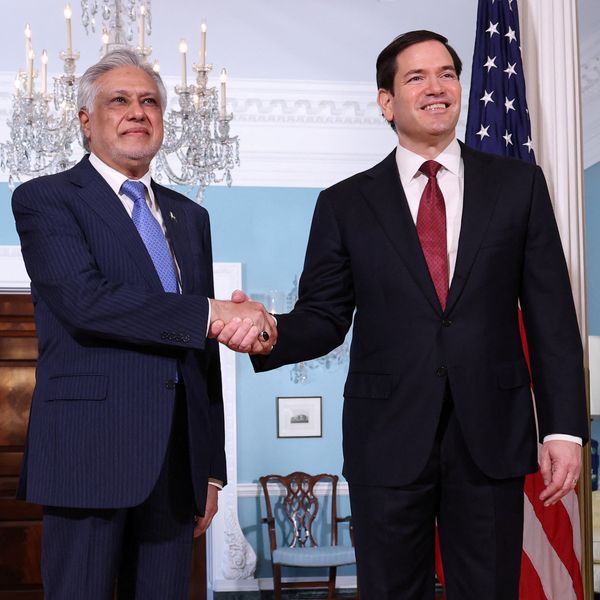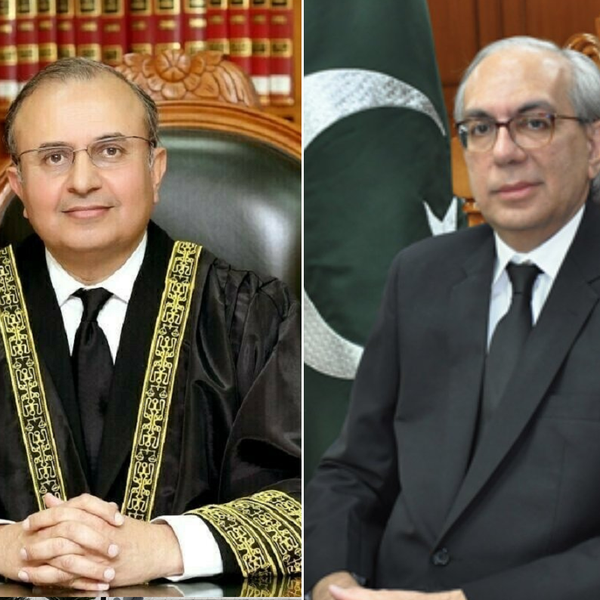FBR is developing algorithm to identify taxpayers understating income in Pakistan
Banks would be required to report higher-than-expected turnover to tax authority
Business Desk
The Business Desk tracks economic trends, market movements, and business developments, offering analysis of both local and global financial news.

The Federal Board of Revenue (FBR) is developing an algorithm designed to flag discrepancies between declared incomes and actual financial transactions, spotlighting taxpayers whose transactions surpass their declared income on tax returns.
FBR Chairman Rashid Langrial informed the National Assembly Standing Committee on Finance and Revenue about the initiative on Tuesday, while discussing the “Tax Laws (Amendment) Bill, 2024.”
The proposal includes sharing taxpayers' income and turnover data with banks using identity cards. Banks will be required to report transactions that exceed the amounts declared to the FBR.
Langrial emphasized that while banks maintain customer confidentiality, the algorithm would help capture and include data on individuals who should be brought into the tax net.
Committee member Mirza Ikhtiar Baig raised concerns that businesses, which often handle up to PKR 20 million daily in cash transactions, might face operational challenges with stricter monitoring.
However, Langrial assured the committee that business operations wouldn't be restricted; rather, banks would need to report higher-than-expected turnover to the FBR.
Bilal Azhar Kayani, convener of the Sub-Committee of the Standing Committee on Finance and Revenue, also presented the sub-committee’s report on the bill, recommending that the FBR demonstrate its updated online system to the committee.
Until then, the new tax law for property sector compliance would be deferred.
The proposed amendment aims to ensure that only tax filers with adequate declared resources can purchase real estate. Chairman Langrial agreed with the sub-committee’s recommendation and pledged a demonstration within two to three months, noting that the section might be reconsidered during the June 2025 budget process.
The committee proposed changing the term “Board” to “Federal Government” in Section 114C, clause (1)(b), allowing the government to set transaction thresholds to protect lower and middle-income property buyers, especially first-time buyers.
The sub-committee refined definitions of “eligible persons,” “immediate family members,” and “sufficient resources,” expanding eligibility to those who can justify investments through official statements and include immediate family members.
Further, assets such as local and foreign currency, gold, stocks, bonds, and barter transactions were included in defining "sufficient resources."
The sub-committee chairman highlighted that 95% of real estate deals involved properties under PKR 5 million, and 97% were under PKR 10 million last year. He advocated for easing documentation for first-time buyers and suggested specific conditions under which non-filers could purchase property.
The sub-committee recommended deferring the consideration of Section 114C until technological updates are finalized.
It also advised amendments to the Income Tax Ordinance 2001, including allowing non-filers to purchase property worth PKR 5 million, with the government able to raise this limit. Filers, however, must declare income before new property purchases.
Additionally, Langrial assured no tax hikes on vehicles up to 800cc and urged businesses registered under the Point of Sale (POS) system to adopt digital invoicing for real-time transaction tracking. The committee also debated restricting stock market investments, expressing concerns over students making small investments, and sought the committee's guidance on the issue.










Comments
See what people are discussing